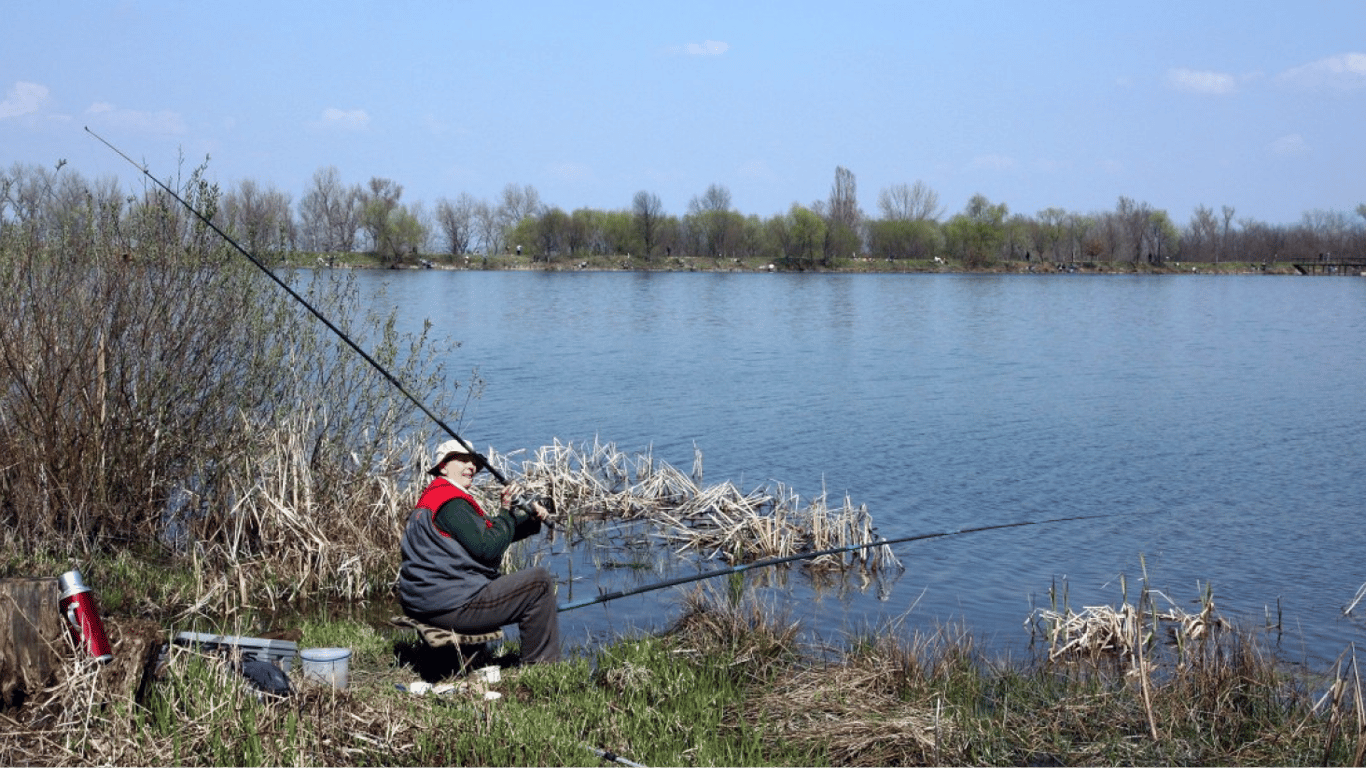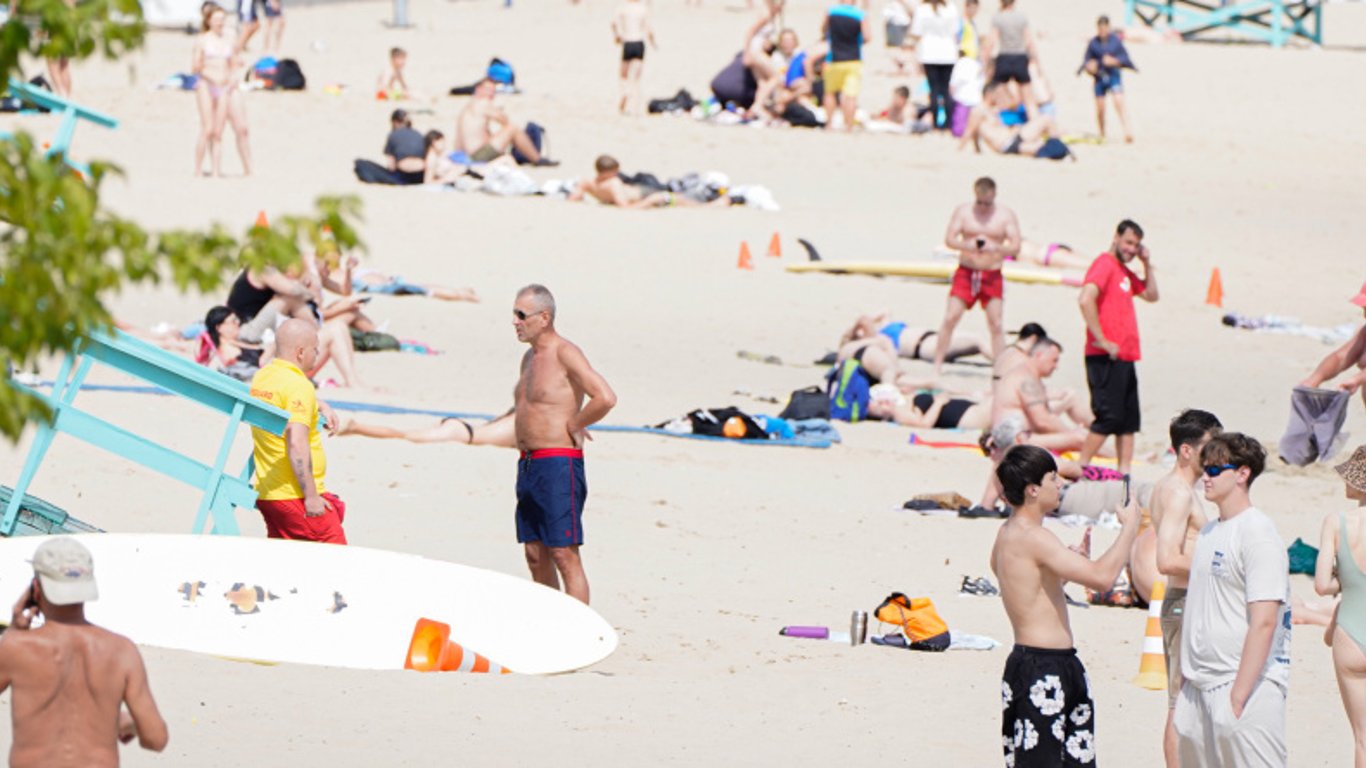Ponds for rent - can you fish without permission in 2025.


Fishing is one of the favorite pastimes for both young people and retirees. Fishing in rivers is usually not a problem. However, on ponds, especially those leased, conflicts often arise. Lessees sometimes do not allow people access to the water body, explaining that they stock it with fish at their own expense and have the right to restrict access.
Why conflicts arise between lessees and anglers
Conflicts often arise due to the provisions of the Water Code of Ukraine. Article 51 guarantees citizens free access to water bodies for general use - fishing, swimming, moving by boats, etc. This particularly applies to ponds within populated areas. Access can only be restricted in exceptional cases provided for by law.
At the same Time, article 47 allows for restrictions to be imposed, but only if this is stipulated in the lease agreement agreed upon with the local authorities. If there are no such conditions in the agreement, the lessee has no right to prohibit access.
This means that the lease agreement is of decisive importance. It must outline all restrictions. If there are no restrictions, the water body remains freely accessible, and the lessee cannot interfere with fishing. They can only require compliance with general fishing rules.
It should also be taken into account that some water bodies - so-called fish-farming technological - are generally not intended for general use. Here, the following is prohibited:
- swimming;
- boating;
- amateur fishing.
Can lessees charge anglers money
The lessee has the right to organize recreational services - rest, health improvement, ecological education, including paid or free fishing. However, if the service is paid, the lessee is obliged to have the appropriate classification code. Otherwise, they have no right to charge money for access to the water body.
It is also important to understand the difference between special and general water use. Some lessees mistakenly believe that special use cancels general use. In fact, this is not the case - these are different legal regimes.
The local authority also plays an important role. It controls compliance with the terms of the agreement and often obliges lessees to arrange areas for fishing and recreation. If such places are not designated, anglers can fish anywhere, adhering to current regulations.
It is possible to change an already concluded lease agreement. To do this, the lessee must contact the community and undergo the procedure of public discussion. In many villages, where the lessee cares about improvement, helps local residents and retirees, people support the initiative to regulate the use of the pond.
So if the lessee wants to establish certain rules or restrictions, it is better to have a dialogue with the community rather than enter into conflict. Negotiations help to achieve a fair solution for all parties.
Conflicts between lessees of water bodies and anglers often arise due to discrepancies in the interpretation of legislation on water resources and lease agreements. Depending on the conditions included in the agreement, the lessee may or may not restrict access to ponds for fishing. In such situations, it is important to study the terms of the agreement and adhere to legal norms to resolve conflicts peacefully and with the involvement of the public.Read also
- UN Payments - What Changes are Being Made for Ukrainians
- Division of an Apartment in Joint Ownership - How Not to Lose Your Share
- Weather in Ukraine today — where the air will heat up to +38 °C
- The pension received will have to be returned — who does it concern
- Cooperative Housing Association or Management Company — What is the Difference and What to Choose
- Severe weather will hit Ukraine - weather forecast for the weekend








